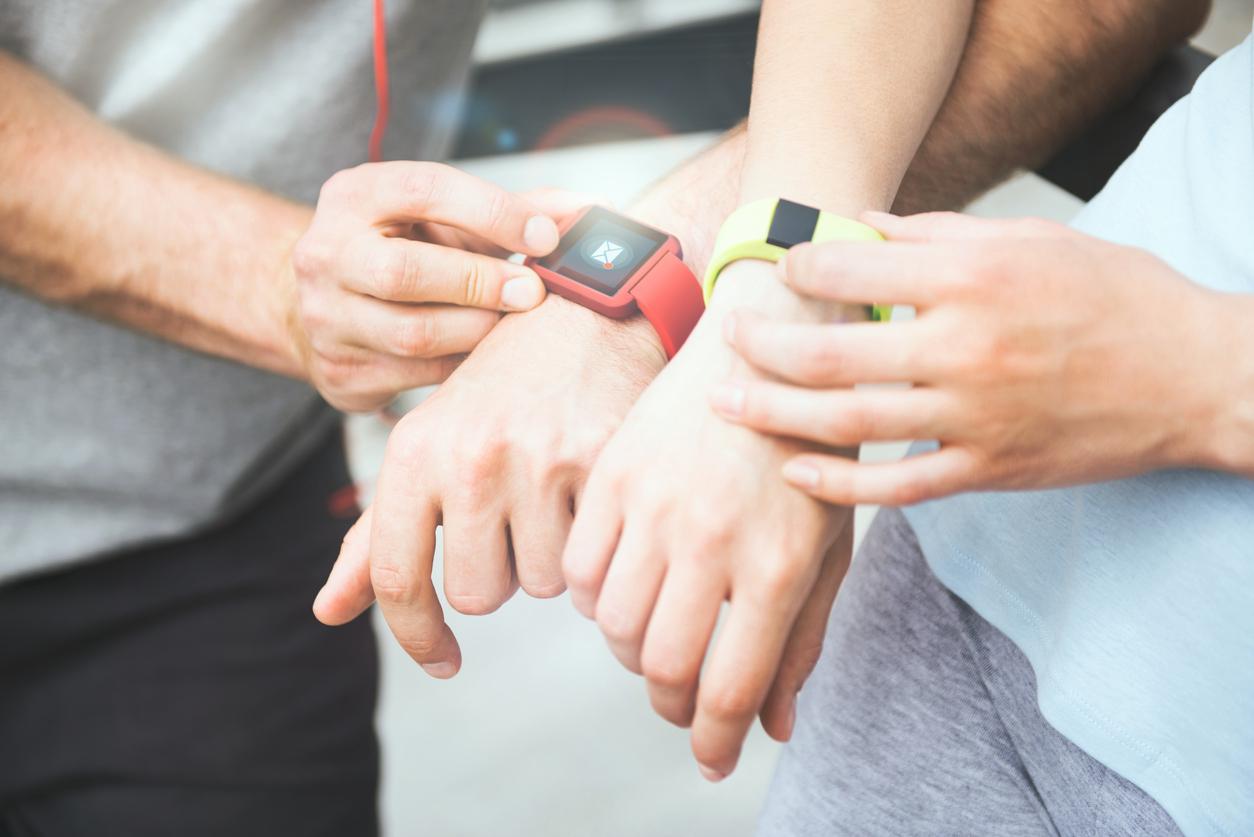FitBit saves 73-year-old woman’s life by detecting unusual heart rate
"She may have actually died if she had not sought medical attention”

Your support helps us to tell the story
From reproductive rights to climate change to Big Tech, The Independent is on the ground when the story is developing. Whether it's investigating the financials of Elon Musk's pro-Trump PAC or producing our latest documentary, 'The A Word', which shines a light on the American women fighting for reproductive rights, we know how important it is to parse out the facts from the messaging.
At such a critical moment in US history, we need reporters on the ground. Your donation allows us to keep sending journalists to speak to both sides of the story.
The Independent is trusted by Americans across the entire political spectrum. And unlike many other quality news outlets, we choose not to lock Americans out of our reporting and analysis with paywalls. We believe quality journalism should be available to everyone, paid for by those who can afford it.
Your support makes all the difference.A woman says her fitness tracker helped save her life after it spotted abnormalities in her heart rate.
Patricia Lauder, a 73-year-old retiree from the US, had been battling a sinus infection which she had thought was due to the changing season.
But, when her FitBit alerted her to a resting heart rate of more than 140 beats per minute, compared to her normal 60 to 70, she began to get worried.
This prompted Lauder to call for an ambulance, and first responders confirmed what the device had been telling her.
At the hospital, a scan revealed blood clots on both lungs, which were forcing her heart to work harder to compensate for the lower oxygen levels, CNN reports.
“My heart had enlarged to about 65% beyond its (normal) capacity,” Lauder said.
Left untreated, blood clots can prove deadly but in this instance, Lauder responded well to treatment and returned to normal.
Dr JuYong Lee, director of vascular and endovascular medicine at UConn Health Calhoun Cardiology Center, where Lauder was treated, added, “I think the Fitbit actually helped her decide whether or not this was a serious condition at that time.
“This condition is very critical and she may have actually died if she had not sought medical attention.”
Join our commenting forum
Join thought-provoking conversations, follow other Independent readers and see their replies
Comments